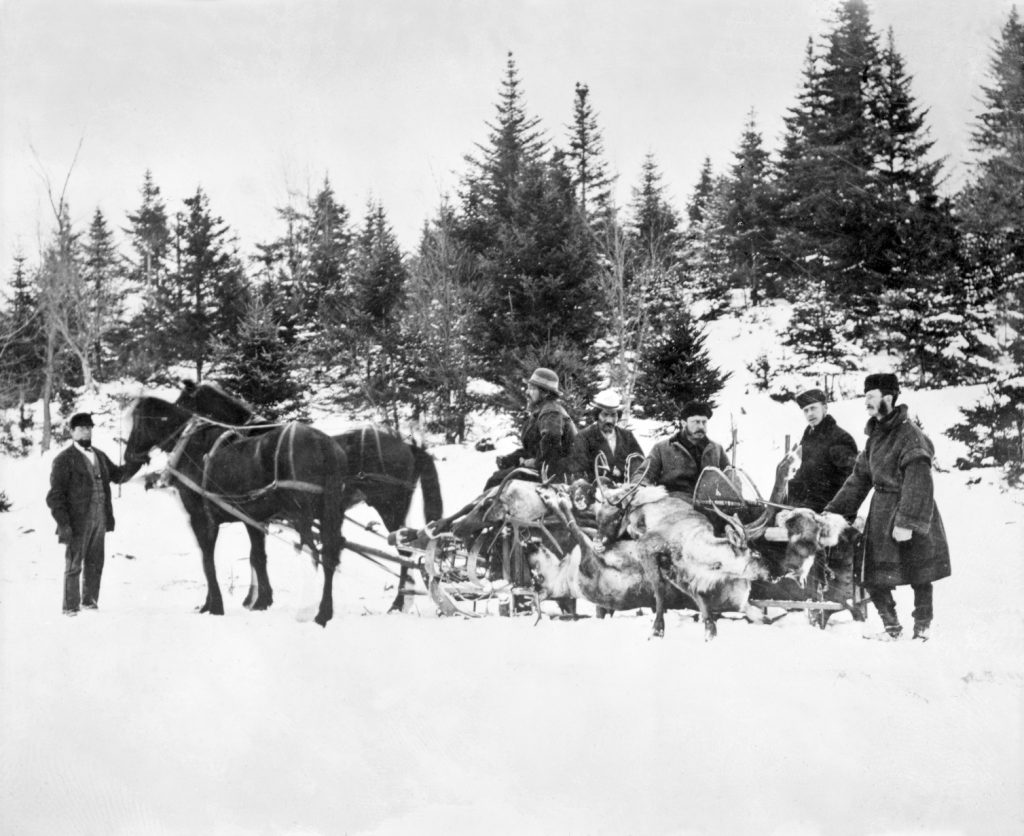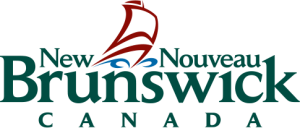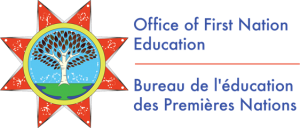Materials required: projector, whiteboard, logbook
I beg thee now to believe that, all miserable as we seem in thine eyes, we consider ourselves nevertheless much happier than thou in this, that we are very content with the little that we have; and believe also once and for all, I pray, that thou deceivest thyself greatly if thou thinkest to persuade us that thy country is better than ours… As to us, we find all our riches and all our conveniences among ourselves, without trouble and without exposing our lives to the dangers in which you find yourselves continually through your long voyages. And, whilst feeling compassion for you in the sweetness of our repose, we wonder at the anxieties and cares which you give yourselves night and day in order to load your ship. We see also that all your people live, as a rule, only upon cod which you catch among us. It is everlastingly nothing but cod — cod in the morning, cod at midday, cod at evening, and always cod, until things come to such a pass that if you wish some good morsels, it is at our expense; and you are obliged to have recourse to the Indians, whom you despise so much, and to beg them to go a-hunting that you may be regaled.
Miramichi Mi’kmaw Elder speaking to a group of French explorers with Christian LeClercq interpreting, 1677
Read the quote above to the students and ask them if they heard any words that we no longer use when we are speaking. Write these words on the whiteboard and ask if anyone could identify what word could be used today to replace them.
- Re-read the quote and ask if it makes more sense now
- Is the speech sad, happy, angry, or all of the above?
- Now have the students write in their logbook, in four sentences, what they think the Elder is trying to tell the French explorers
- Now have students look at the picture below while you read the caption
- Ask if the picture has anything to do with the quote. Why or why not?
- List some of the difficulties that might have been occurring between Mi’kmaq and the Europeans





